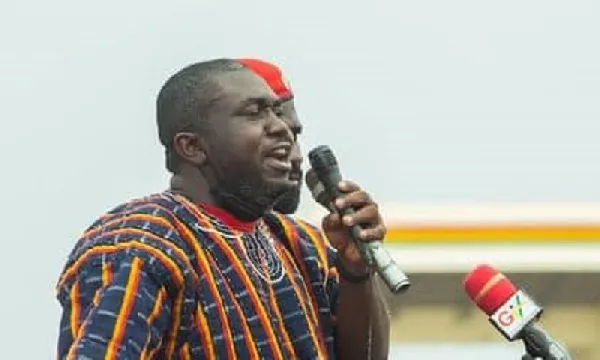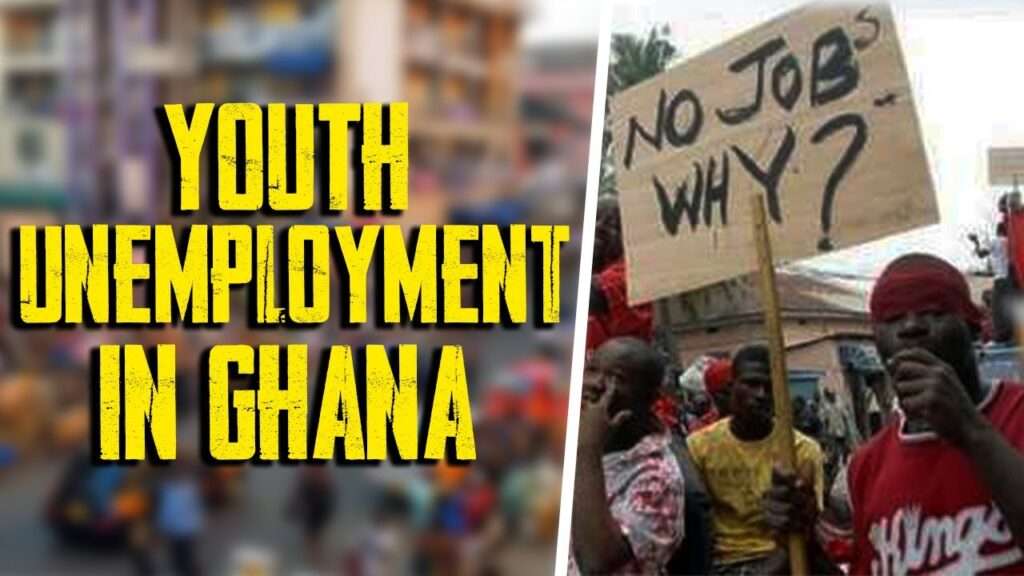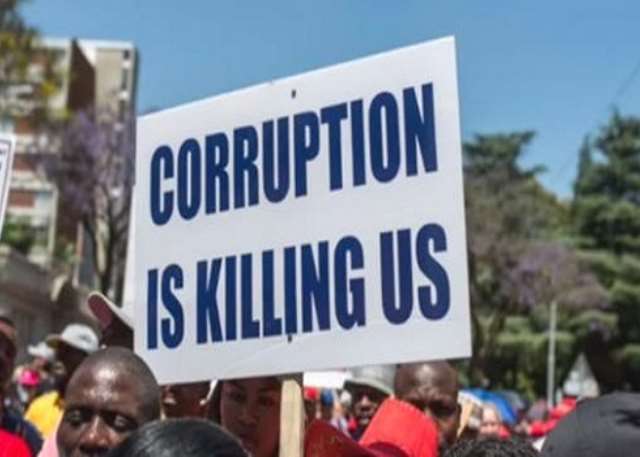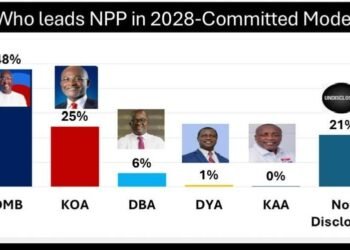Oliver Barker-Vormawor, a lawyer and political activist, has strongly condemned the deep-rooted corruption within Ghana’s public sector recruitment process, describing it as a blatant exploitation of the nation’s desperate youth.
He criticized the entrenched practice where ruling political parties engage in last-minute mass recruitments before exiting office, only for the incoming administration to dismiss these appointees.
This cycle, he argued, not only destabilizes the careers of young professionals but also undermines the integrity of public sector employment.
Barker-Vormawor was unreserved in his critique, painting a grim picture of a system that prioritizes political expediency over merit and fairness.
“The demand for bribes in exchange for public sector jobs has now become an entrenched and invested practice—one perfected by our morally bankrupt and soulless elites.
“And by elites, I do not mean only politicians; I also mean the civil servants who have made an industry out of exploiting the desperation of young people.”
Oliver Barker-Vormawor

As someone who understands the struggles of the youth, he expressed deep concern over the human cost of these decisions.
He pointed out that many of those who secured government jobs had to pay exorbitant amounts, ranging from GHS 25,000 to GHS 40,000, just to receive their employment letters.
Accordingly, Barker-Vormawor called for decisive action from institutions like the Office of the Special Prosecutor (OSP) and the Economic and Organised Crime Office (EOCO) to tackle these recruitment scams.
According to him, the issue extends beyond political parties and affects the very structure of governance in Ghana.
“Rot and dysfunction are no longer anomalies in Ghanaian public life; they are its defining features. And yet, rather than uniting against these injustices, many young people continue to fight each other—or me.
“You divide yourselves into partisan camps, even though your best chance at change lies in recognizing your shared struggles and coming together with one voice.”
Oliver Barker-Vormawor
He emphasized that corruption in public sector employment is not exclusive to any one political party but a systemic issue that has persisted through multiple administrations.
The cycle of rushed recruitments, bribe payments, and eventual dismissals only reinforces the exploitation of young people who are desperate for stable employment.
A Call for Legal Reforms in Public Sector
Furthermore, Oliver Barker-Vormawor proposed the introduction of an Equal Opportunities Act, a law aimed at ensuring fairness in recruitment processes in the public sector.
He argued that such legislation should eliminate protocol recruitments, criminalize sex-for-jobs schemes, and prohibit pay-for-recruitment practices.
The goal, he said, is to ensure that employment in Ghana is based on merit, not political affiliations or financial transactions.

“We need the Ghanaian state to stop preying on its own citizens. And we need young people to understand that there is no moral dignity in paying to be employed. That is not ‘grace’; that is exploitation. You are being robbed of your future and told to be grateful for it.”
Oliver Barker-Vormawor
His comments reflect a growing frustration among Ghana’s youth, many of whom struggle to secure decent employment without resorting to paying bribes or relying on political connections.
As such, Barker-Vormawor issued a warning to supporters of political parties who believe their loyalty will shield them from exploitation.
He urged dismissed public sector workers to report their experiences with recruitment scams to EOCO, regardless of their political affiliations.
“For all those who have now been dismissed, I hope you will speak freely to EOCO about the recruitment scams that took advantage of your desperation—whether you are NPP or GCPP.”
Oliver Barker-Vormawor
Barker-Vormawor also directed a strong warning to members of the National Democratic Congress (NDC), cautioning them against any false sense of security within their own party.
He emphasized that party loyalty would not shield them from the widespread greed and corruption that have come to define government recruitment practices.
According to him, even dedicated foot soldiers, local branch executives, and party sympathizers are vulnerable to the same exploitation.
He urged them to remain vigilant, document any instances where bribes are solicited, and speak out against such corrupt demands.
Barker-Vormawor criticized the tendency of some party members to tolerate these injustices when they benefit from them, only to later lament when the system turns against them.
His statements underscore the need for young people to demand accountability from political parties and government institutions.
Instead of blindly supporting party leadership, he urged them to recognize their collective struggle and work toward systemic reforms.
The call for transparency in public sector recruitment is gaining traction, and if institutions like the OSP and EOCO take action, Ghana could see a shift towards a fairer and more accountable hiring process.
Until then, many young people will continue to face an uphill battle in securing employment free from corruption and political influence.
READ ALSO: MTN Ghana Closes at GHS2.76 in Light Trading Session on the GSE























